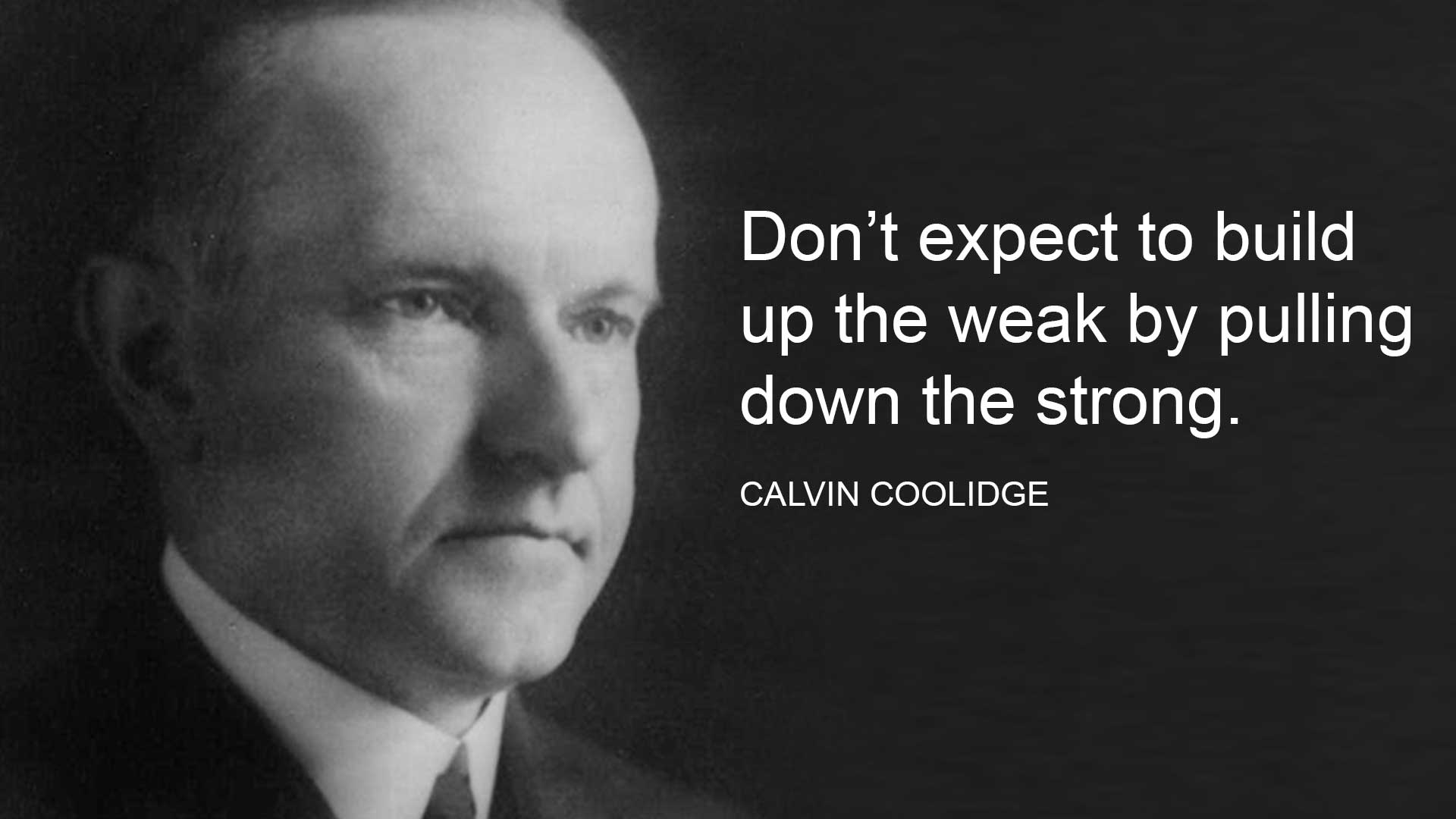Maybe they do something much more difficult than push pens and operate jackhammers.
Some rough notes on labor and wealth.
I recently reread Marx and Engels’ “Communist Manifesto” and was reminded of the absurdity of the fact that their ideas permeate the culture, despite the complete failure of communism as an explanation and as an economic system.
Who else is sick of billionaires like Jeff Bezos thinking that a little philanthropy can make up for decades of exploitation?
— Robert Reich (@RBReich) February 2, 2021
Today, after millennia of grinding poverty over short, miserable lives, thanks to capitalism, we now live in the most prosperous era in world history, where you can have virtually anything delivered to your door with a few taps on a device in your hands.
That’s the difference billionaires make.
Despite this, we see intellectuals and politicians stoking envy and hatred against the people responsible for this explosion of wealth. They dredge up the false and malicious ideas of Marx that have led to over 100 million deaths.
Governor Jesse Ventura, recently weighed in:
“The older I get the more flaws I see in capitalism. What exactly is one doing to “earn” a billion dollars? … Do billionaires work harder physically & mentally than someone on a jackhammer 8 to 10 hours a day? Of course not. They earn their money by pushing pencils. They don’t even need deodorant. None of them have a reason to sweat at work.”
The older I get the more flaws I see in capitalism. What exactly is one doing to “earn” a billion dollars? You’re telling me that billionaires who doubled their wealth during the pandemic actually worked hard for it & deserve it?! #fridaymorning [WATCH] https://t.co/KJCYweFe7S pic.twitter.com/glGSDtchIl
— Jesse Ventura (@GovJVentura) January 29, 2021
Where Does Wealth Come From?
In the fantasy world of Jesse Ventura, Marx and others, wealth metaphorically oozes from the pores of laborers, like sweat. It is proportional (or should be) to the amount of labor one exerts. Yet, evil, “pencil pushing” capitalists exploit these workers and siphon off the wealth created by workers.
Wealth is primarily a product of the mind not of muscle.
For millennia we have had ample muscle and sweat, and yet the vast masses of people have been dirt poor, stricken with disease, and lived (if you can call it that) in misery.
It was only during relatively brief periods when reason and logic were developed and respected that humans were able to rise above subsistence level, and create values that improved our lives, periods such as the Golden Age of Greece, The Renaissance, and The Enlightenment, which set the stage and laid the foundations of science with enough knowledge, and enough freedom to act on it, to kick start the Industrial Revolution.
With the Industrial Revolution came increasing prosperity, reduced labor, and a rising standard of living.
While the industrial revolution was marked by steam and machines, they too were a product of the mind, of geniuses like Denis Papin, Thomas Newcomen, and James Watt. The invention of the steam engine outsourced work from man to machine. And so it began, with more and more physical labor being outsourced to machines, culminating in outsourcing mental labor to computers.
The Role of the Businessmen
Businessmen figured out how to put these inventions to work to improve people’s lives, and set about accumulating the capital and resources to do it. It’s a mammoth task that relatively few can do, and even fewer can do exceptionally well. But those who do, bring massive value to the market and to consumers.
So, no, billionaires don’t push pens, and they don’t operate jackhammers. They do something much more demanding.
They think.
They form a vision of a better world. They convince others of the feasibility of their vision. They then marshal resources, materials, machines, labor, and coordinate it all, from a complex network of managers and workers, machines and fuel, in facilities around the world, working with hundreds even thousands of other businesses that are similarly coordinating their affairs, to maximize efficiency and profits.
All successful businessmen, whether billionaires or not, are both effective thinkers and productive doers, from Elon Musk, to Martha Stewart, and from Henry Ford and Annie Malone to the millions of lesser and unknowns. They work under challenging conditions
They don’t “dig the holes,” they do something far more demanding. They oversee the coordination of all the parts to create an organization that works with an ecosystem of partners, that must do countless things to be successful.
(These things they must oversee include: calculate the demand for their product, and the supplies they will need to create the products. They identify the best sources of materials from around the world. They negotiate on quantities, quality, prices and time schedules, and establish contracts. They coordinate their manufacturing with the flow of their materials. They calculate how to get supplies to where they are needed, by the most efficient mode of transport, ocean, rail, truck and air. They navigate the complex knots of red tape and regulatory hurdles that burden global trade. They continually optimize the flow of millions raw materials, parts, services, logistics, into factories and assembly lines, into complex products often made of hundreds and thousands of parts. They must predict the demand for final products in countless variations, that their customers will want, in which variety, where and when.)
And all the time they wonder, “Is there a better way to do it? How can I bring more value to my customers?” And they conceive of new designs, new products, and new ways of delivering them.
This too is labor, but mental. Physical labor is of course a necessary element in such a complex endeavor, but the less of it that is human, and the more that is done by machines and computers, the better off everyone is.
None of that would exist or be any value without the product that was envisioned, financed, designed and then coordinated to bring them to the mass market. Ventura wouldn’t have his Jackhammer, nor his phone and computer with which to record his diatribe.
Businessmen have uncommon vision, incredible foresight, take massive risks, and devote most of the early parts of their careers to making their dreams a reality. They work through long thankless days and nights, for years, and suffer countless setbacks and yet persevere in the face of likely failure.
If and when they do attain success, it is only because they’ve created products and services that huge numbers of people crave, and willing hand over money for. Customers get goods and services that they want and believe will enrich their lives, things like computers, iPhones, game systems, and vast catalog of goods that would astound even the richest Kings and Queens in history.
It’s thanks to these geniuses, you can hold in your hand, a catalog of goods that would be the envy of the richest Kings, and you can have almost anything in days with the click of a button.
Instead of backbreaking labor in the fields seven days a week, cars, computers, the internet and many other technologies, have made us hundreds of times more productive, in conditions that are much safer and more comfortable than at any time in history.
You could take all the muscle you like, and all the jackhammers in the world, and labor for days until you drop dead, and not produce a damn thing that anyone would want.
Profits are a mark of virtue. It sums up the estimate of the billions of people in the market who vote with their dollars for products and services. Billionaires are voluntarily “voted” rich by their constituents, their customers, customers who are free to spend their money elsewhere.
Billionaires make their money they don’t take it. They deserve every penny. And they deserve our respect and admiration.

